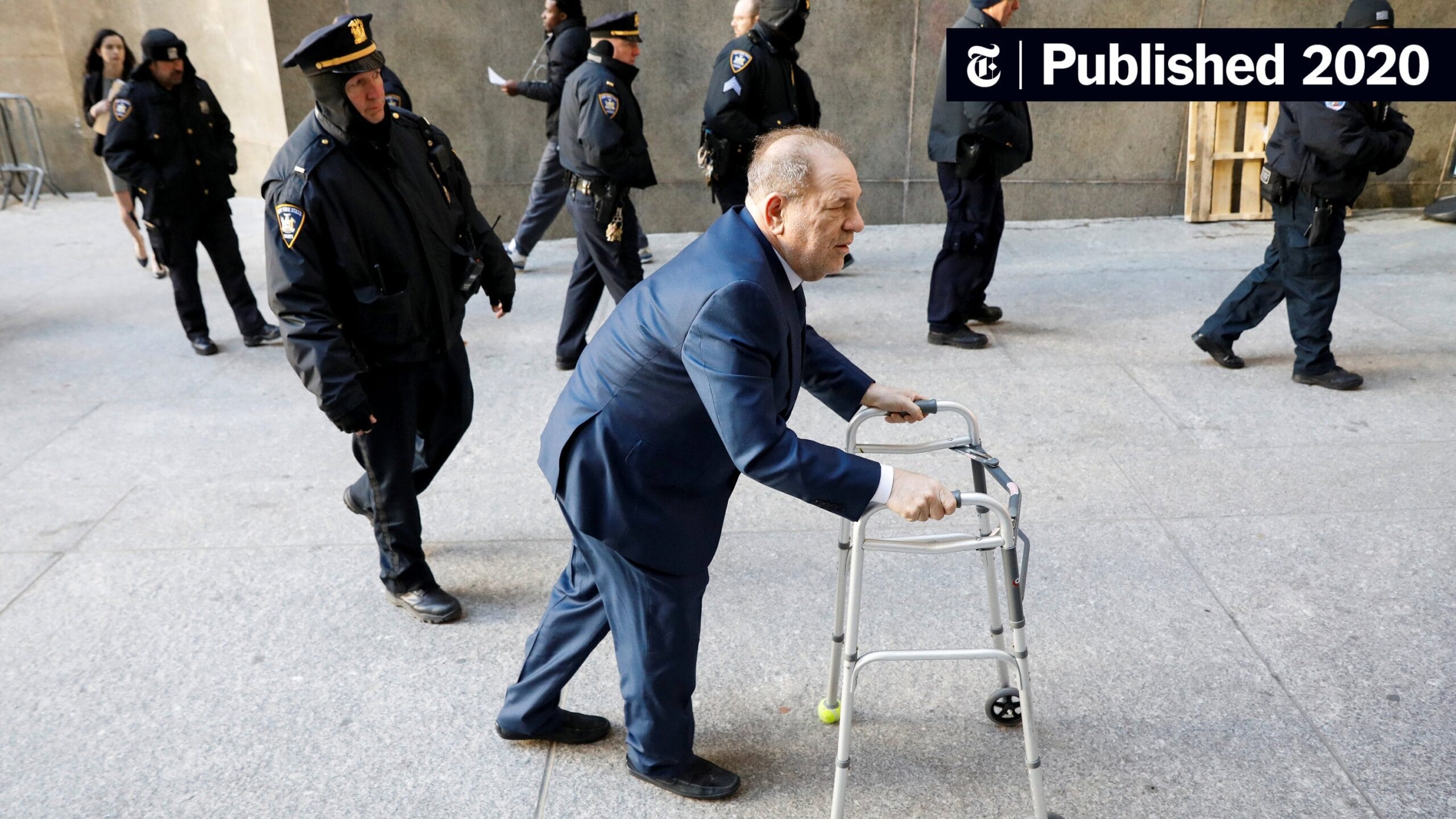The New York City jury has delivered a verdict in one of the most highly publicized criminal trials in recent history, finding former Hollywood mogul Harvey Weinstein guilty of multiple counts of sexual assault and rape. The decision, reached after a week of deliberations, not only signifies a pivotal moment for Weinstein but also reflects the broader societal shifts surrounding issues of consent and sexual misconduct, particularly in the entertainment industry.
The trial presented harrowing testimonies from several women, who recounted their experiences of being assaulted by the powerful producer. These accounts provided a vivid portrayal of Weinstein’s alleged predatory behavior, often occurring in hotel rooms and other secluded areas where his victims felt they could not escape his grasp. Notably, the testimonies included experiences from both well-known figures in the industry as well as lesser-known individuals, which underscored the pervasive nature of the accusations against him.
Throughout the trial, the prosecution made strong arguments, emphasizing a pattern of manipulation and intimidation employed by Weinstein to maintain control over his victims. The defense, on the other hand, attempted to diminish the credibility of the accusers, arguing that any sexual encounters were consensual and questioning the motives behind their testimonies. However, the jury ultimately found the prosecution’s case compelling enough to reach a guilty verdict.
Following the announcement of the verdict, reactions from various groups have poured in, with advocates for survivors of sexual assault expressing relief at the outcome. Many see this verdict as a significant step towards justice, not just for the victims in this case but for all who have experienced similar violations. This case has emerged as a touchpoint in the #MeToo movement, a cultural reckoning that has encouraged countless individuals to speak out against abuse and seek justice.
Judge James Burke, presiding over the trial, has scheduled Weinstein’s sentencing for next month. He could face several years in prison, with legal experts suggesting that the severity of the sentences could reflect public sentiment and the trial’s media spotlight. Weinstein’s legal team has indicated plans to appeal the decision, asserting that their client did not receive a fair trial.
This conviction comes in a series of legal troubles for Weinstein, who has already faced charges in California and continues to fight various legal battles stemming from numerous allegations of sexual misconduct throughout his career. The sustained attention on these cases is indicative of the ongoing societal demand for accountability, particularly regarding powerful figures who have wielded influence over their victims for far too long.
As Weinstein awaits sentencing, discussions around this case continue to evolve. Supporters of the victims have urged lawmakers and entertainment industry leaders to reexamine their policies and practices concerning workplace safety, thereby ensuring that similar predatory behavior is less likely to occur in the future. Many have called for increased training on consent and respectful behavior in workplaces, alongside stricter penalties for those found guilty of sexual harassment or assault.
Weinstein’s case has undoubtedly left an indelible mark on Hollywood, prompting a reevaluation of ethical standards within the industry. While the trials and tribulations of Weinstein serve as cautionary tales, advocates insist that change is possible, suggesting that this conviction might inspire more individuals to come forward and hold abusers accountable.
In the aftermath of the verdict, attention shifts toward the implications for the broader movement against sexual violence and harassment. With a judicial precedent now established in this high-profile case, survivors may find more courage to speak out, encouraged by the belief that they too can achieve justice.
This case has highlighted substantial gaps in understanding, justice, and support for survivors, revealing a need for systemic changes that can foster safer environments. Through the lens of this verdict, discussions about consent, harassment, and accountability are brought to the forefront, emphasizing the urgency of these issues across all sectors of society.
In closing, while the verdict marks a significant milestone for many, it is also a reminder of the ongoing battles faced by survivors of sexual misconduct. Each story told and each conviction achieved can contribute to a larger narrative that advocates for respect, equity, and justice, transforming the landscape for future generations. In the court of public opinion and the justice system alike, this case underscores the critical need to listen to and believe survivors, emboldening a culture where everyone can feel safe and respected in their workplaces and beyond.



